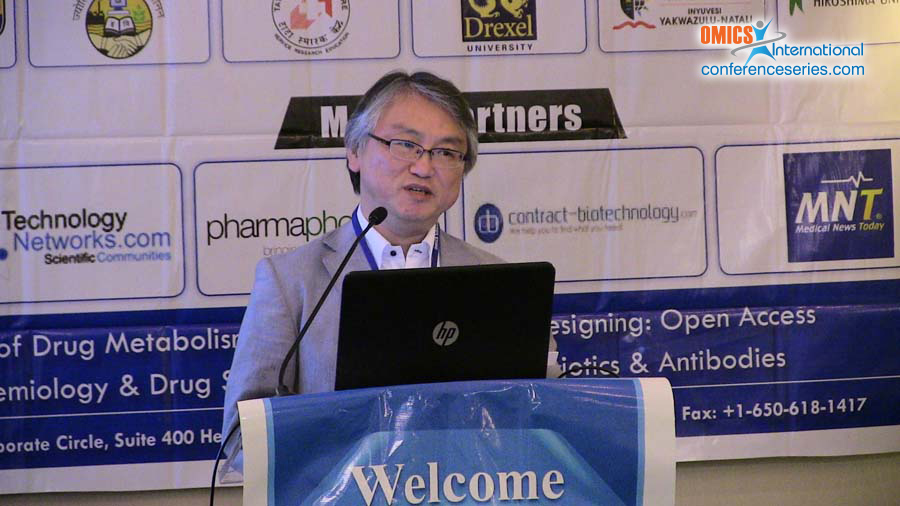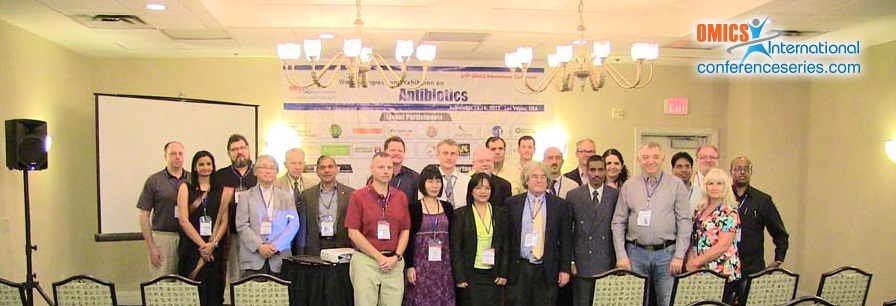
Tadashi Shimamoto
Hiroshima University, Japan
Title: Characterization of integrons and antimicrobial resistance genes in Gram-negative bacteria isolated from seafood in Japan: Identification of a novel β-lactamase-encoding gene, blaCMY-39
Biography
Biography: Tadashi Shimamoto
Abstract
The emergence and dissemination of antimicrobial resistance amongst bacteria is a growing problem for public health worldwide. Large quantities of seafood are consumed in Japan each year; however, little is currently known about the prevalence of integron and antibiotic resistance genes in seafood-associated bacteria in Japan. Therefore, PCR and DNA sequencing were used in the current study to screen and characterize integrons and resistance determinants in 215 Gram-negative bacteria isolated from retail seafood products from Hiroshima Prefecture, Japan. Class 1 integrons were identified in six bacterial isolates (three Aeromonas hydrophila, one Citrobacter freundii, one Enterobacter cloacae, and one Klebsiella oxytoca), and contained gene cassettes encoding resistance to trimethoprim (dfrA12 and dfrA17), aminoglycosides (aadA2), and β-lactams (blaPSE-1). All isolates were negative for class 2 integrons. β-lactamase-encoding genes were identified in seven isolates (four C. freundii and three E. cloacae), including the narrow-spectrum β-lactamase-encoding gene blaTEM-1, and AmpC β-lactamase-encoding genes blaCMY-2, blaCMY-13, and blaCMY-39. blaCMY-39 is a novel gene isolated from a C. freundii strain and encodes resistance to cephamycins and third generation cephalosporins. blaCMY-39 was cloned and expressed in Escherichia coli TG1. Plasmid-mediated quinolone resistance genes, including qnrB2, qnrB6, and qnrS1, were also identified in 10 isolates (six C. freundii, two E. cloacae, one Citrobacter koseri, and one Pantoea spp.). This study highlights the presence of integrons and antimicrobial resistance genes in seafood-associated bacteria in Japan, and indicates that seafood could be a route of transmission of antibiotic-resistant bacteria to humans.


